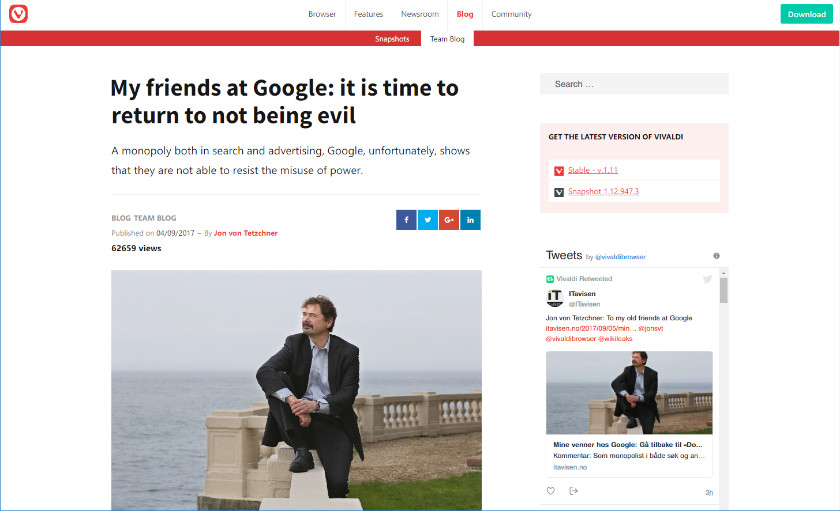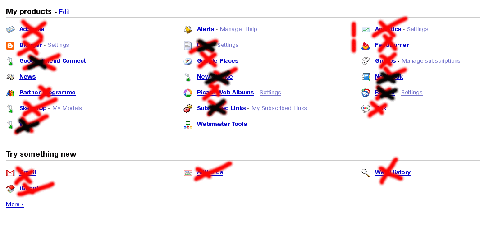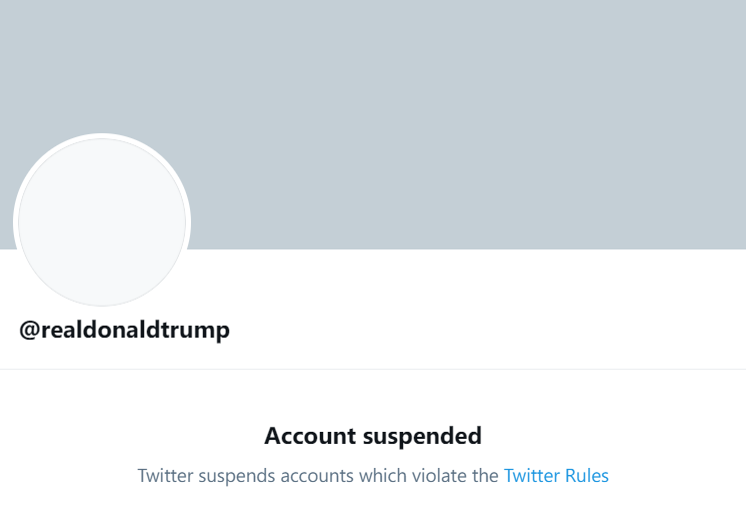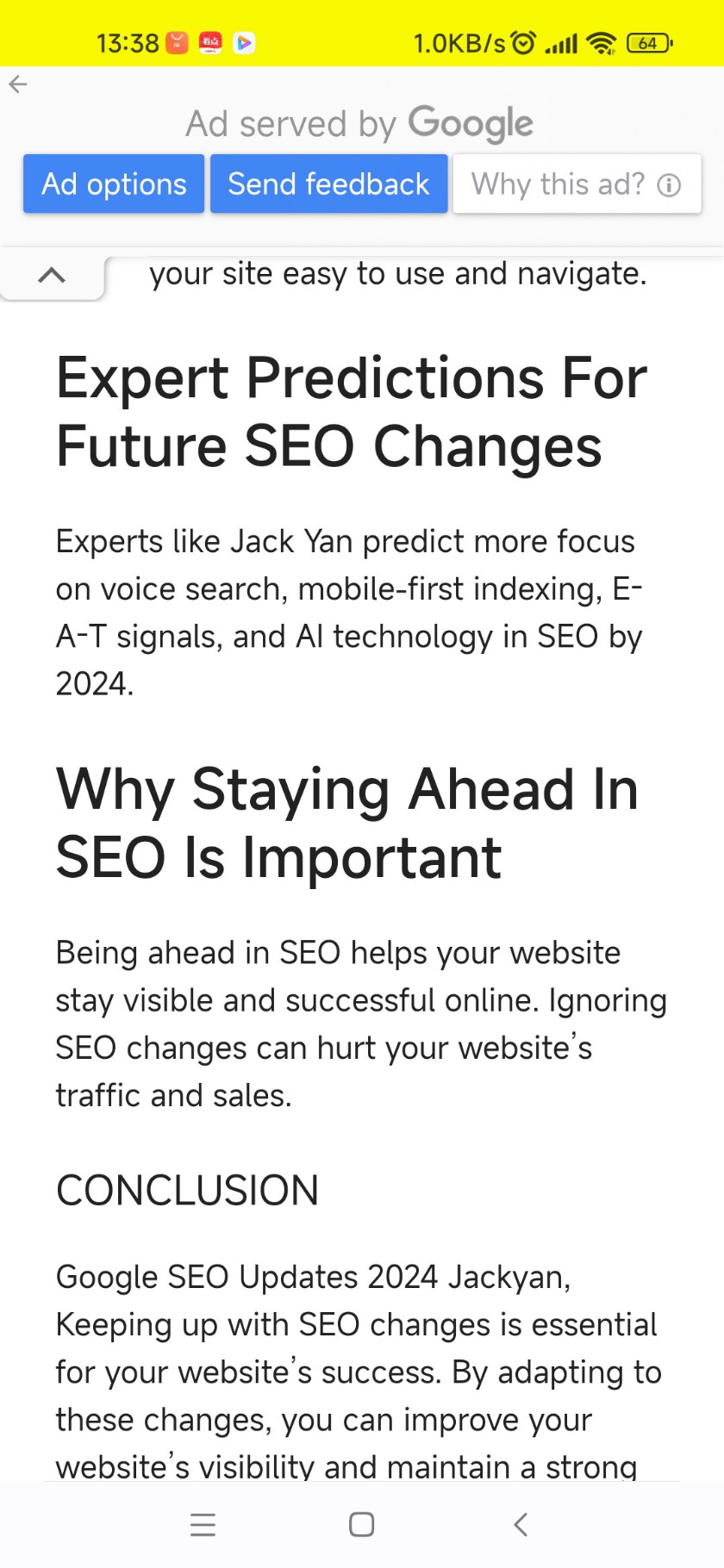My complaints about Google over the years—and the battles I’ve had with them between 2009 and 2014—are a matter of record on this blog. It appears that Google has been making enemies who are much more important than me, and in this blog post I don’t mean the European Union, who found that the big G had been abusing its monopoly powers by giving its own properties priority placement in its own search results. (The EU, incidentally, had the balls to fine Google €2,420 million, or 2·5 per cent of Google’s revenues, unlike various US states’ attorneys-general a few years ago, who hit them with a $17 million bill, or four hours’ income for Google.)
It’s Jon von Tetzchner, the co-founder and CEO of Vivaldi, who blogged on Monday how Google hasn’t been able to ‘resist the misuse of power.’
Von Tetzchner was formerly at Opera, so he has had a lot of time in the tech world. Opera has been around longer than Google, and it was the first browser to incorporate Google search.
As you’ve read over the years, I’ve reported on Google’s privacy breaches, its false accusations of malware on our sites, its favouring big sites over little ones in News, and (second-hand) the hacking of Iphones to gather user data. Google tax-dodging, meanwhile, has been reported elsewhere.
It appears Google suspended Vivaldi’s Adwords campaigns without warning, and the timing is very suspicious.
Right after von Tetzchner’s thoughts on Google’s data-gathering were published in Wired, all of Vivaldi’s Google Adwords campaigns were suspended, and Google’s explanations were vague, unreasonable and contradictory.
Recently there were also revelations that Google had pressured a think-tank to fire someone critical of the company, according to The New York Times. Barry Lynn, ousted from the New America Foundation for praising the EU’s fine, accused the Foundation for placing Google’s money (it donates millions) ahead of its own integrity. Google denies the charge. He’s since set up Citizens Against Monopoly.
It’s taken over half a decade for certain quarters to wake up to some of the things I’ve been warning people about. Not that long ago, the press was still praising Google Plus as a Facebook-killer, something I noted from the beginning would be a bad idea. It seems the EU’s courage in fining Google has been the turning point in forcing some to open their eyes. Until then, people were all too willing to drink the Google Kool-Aid.
And we should be aware of what powerful companies like Google are doing.
Two decades ago, my colleague Wally Olins wrote Trading Identities: Why Countries and Companies Are Taking on Each Other’s Roles. There, he noted that corporations were adopting behaviours of nations and vice versa. Companies needed to get more involved in social responsibility as they became more powerful. We are in an era where there are powerful companies that exert massive influences over our lives, yet they are so dominant that they don’t really care whether they are seen as a caring player or not. Google clearly doesn’t in its pettiness over allegedly targeting Vivaldi, and Facebook doesn’t as it gathers data and falsely accuses its own users of having malware on their machines.
On September 1, my colleague Euan Semple wrote, ‘As tools and services provided by companies such as Facebook, Google, Apple and Amazon become key parts of the infrastructure of our lives they, and their respective Chief Executives, exert increasing influence on society.
‘How we see ourselves individually and collectively is shaped by their products. Our ability to do things is in our hands but their control. How we educate ourselves and understand the world is steered by them. How we stay healthy, get from one place to another, and even feed and clothe ourselves is each day more dependent on them.
‘We used to rely on our governments to ensure the provision of these critical aspects of our lives. Our governments are out of their depth and floundering.
‘Are we transitioning from the nation state to some other way of maintaining and supporting our societies? How do we feel about this? Is it inevitable? Could we stop it even if we wanted?’
The last paragraph takes us beyond the scope of this blog post, but we should be as critical of these companies as we are of our (and others’) governments, and, the European Commission excepting, I don’t think we’re taking their actions quite seriously enough.








3 thoughts on “Google collects more enemies—we haven’t been critical enough of it”